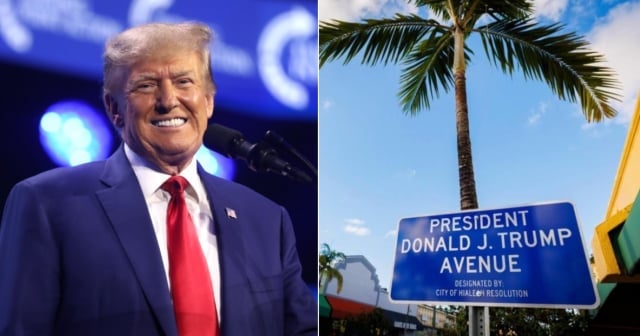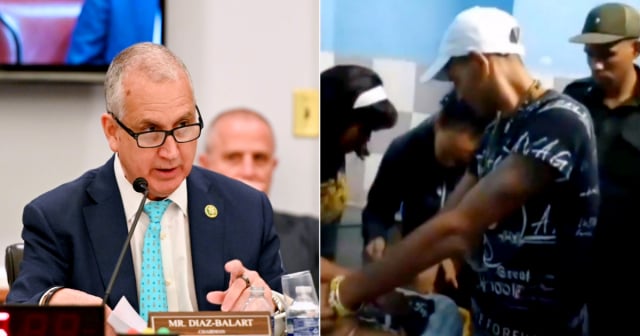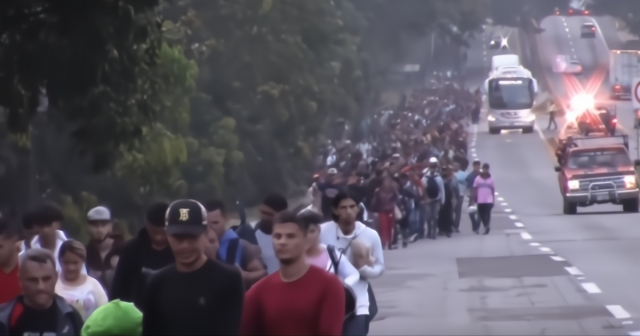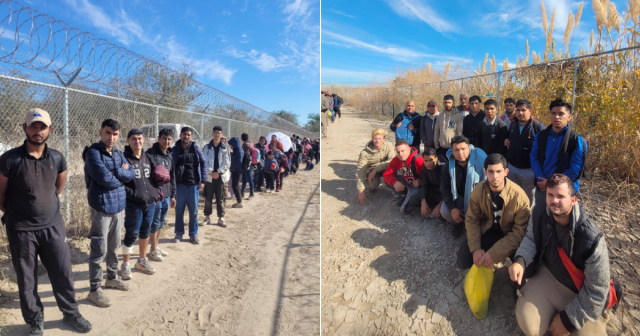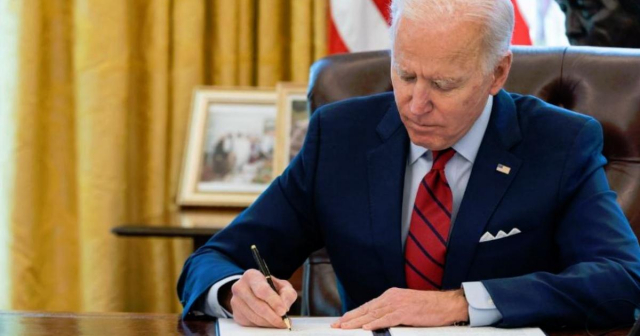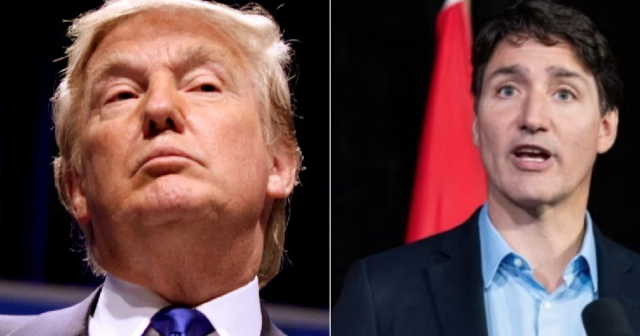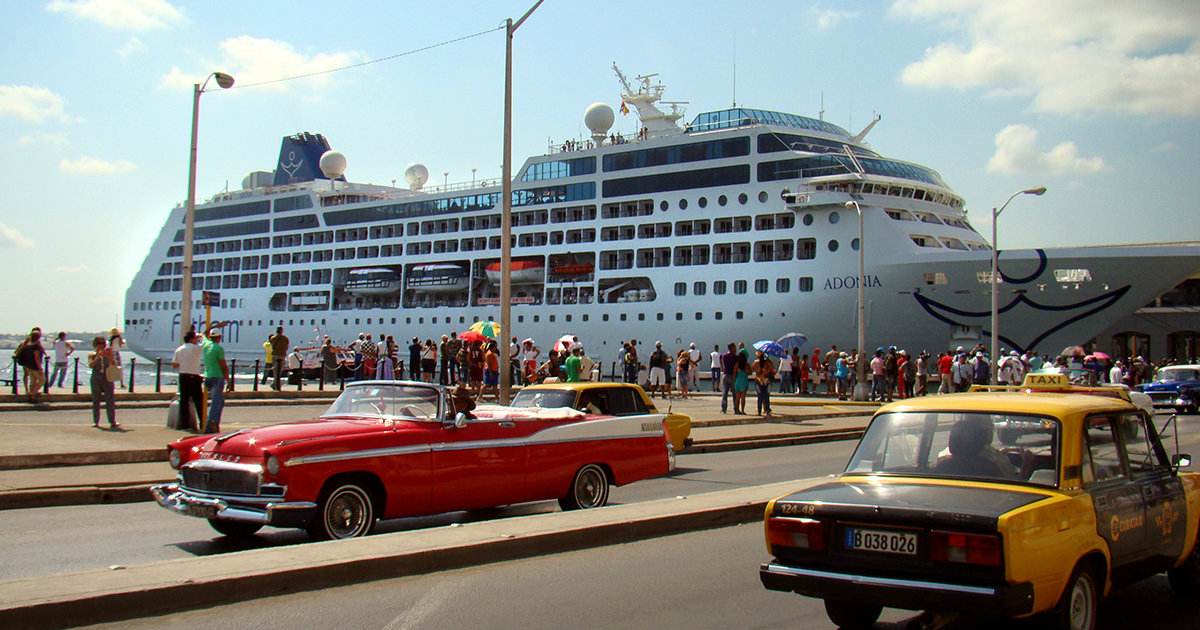
Miami, December 4 (EFE).- According to the U.S.-Cuba Trade and Economic Council, the Island is becoming a nearly one billion dollar tourism market for U.S. airlines and cruises, when considering the projections for 2017, 2018, and 2019.
According to a study published today, cruise lines will generate over $761 million in gross revenue over the next three years by transporting more than 570,000 passengers, while airlines will add another $228 million.
The council noted that there are currently at least 335 cruise itineraries to Cuba operated by Royal Caribbean, Carnival, and Norwegian, all headquartered in Florida, along with several smaller lines, and forecasted that these trips may increase.
It was also estimated that these routes to the Caribbean island will generate over 80 million dollars in passenger spending for Cuba, as well as more than 21 million dollars in port taxes.
The U.S.-Cuba Economic and Commercial Council recalled that in 2016, the profits of Royal Caribbean, Carnival, and Norwegian totaled $28.8 billion from their trips aboard 144 vessels to various destinations.
In May of that year, the ship "Adonia" from Fathom (a subsidiary of Carnival) was the first to arrive following the diplomatic "thaw" between Havana and Washington initiated by then U.S. President Barack Obama.
The report, released today by John Kavulich, the president of the Council, also accounts for over 100 million dollars in tourism revenue for Florida, which serves as the main departure and arrival point for most flights and cruises to the island.
He specified that these revenues mainly come from hotels, restaurants, and ground transportation services in South Florida.
However, despite the opening initiated by Obama, the U.S. economic embargo on Cuba still persists, and only Congress has the power to lift it.
Additionally, several measures from Obama’s rapprochement policy, which also restored commercial flights from the U.S. to Cuba in 2016, are facing setbacks under Donald Trump's presidency.
The Republican has imposed new restrictions, including the elimination of individual travel to make connections with the Cuban people (the "people to people" mode), which was one of the most popular options.
The measure is part of the new restrictions imposed by the Trump administration to freeze the normalization of relations with Cuba, which include prohibiting transactions with certain government entities in the island.
Filed under:

